Johnson & Johnson: Healthwashing babies for over 100 years
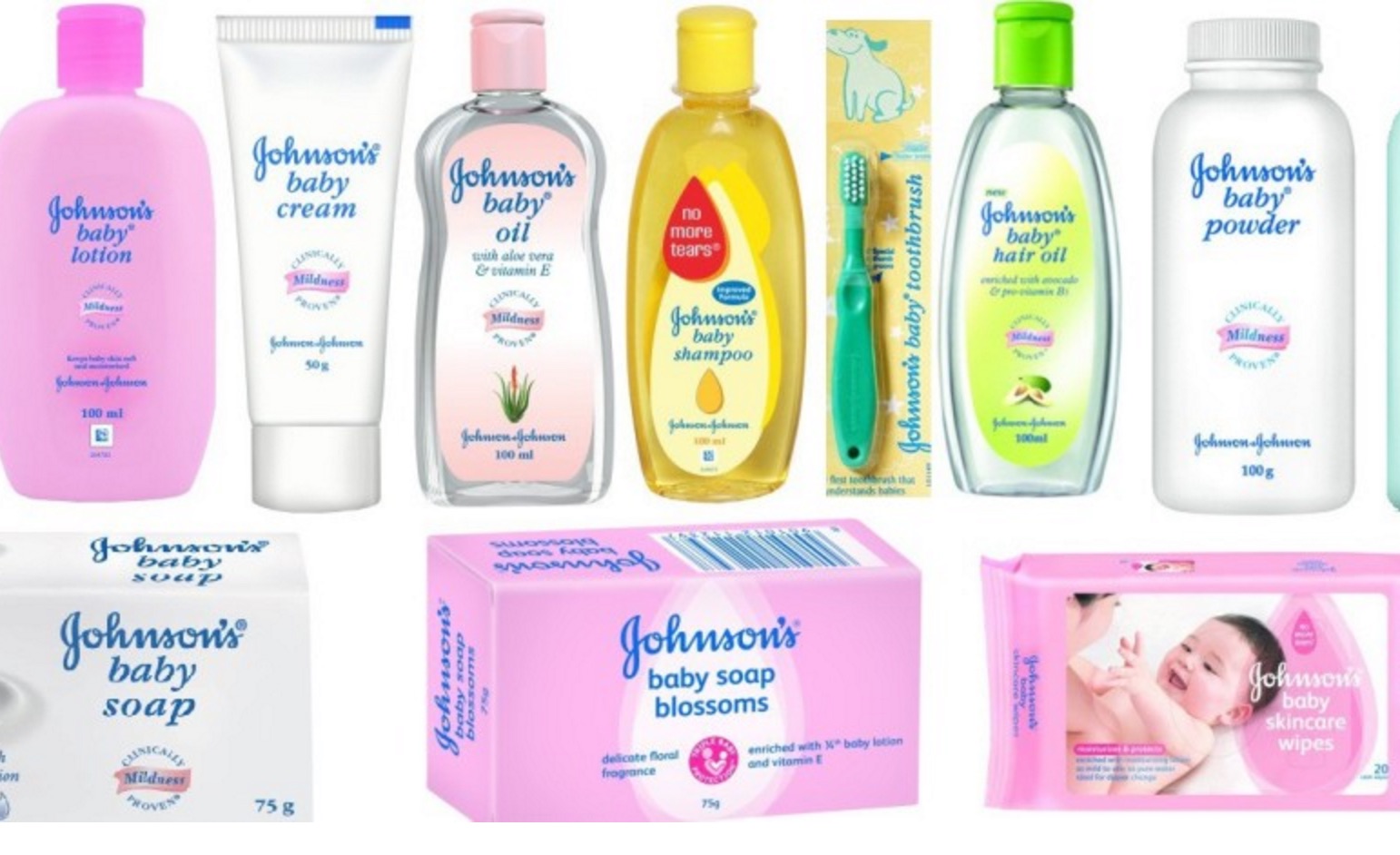
In February of 2016, a groundbreaking verdict was made, making Johnson & Johnson guilty of fraud, negligence and conspiracy. A Missouri state jury ordered the “family company” to pay $72 million of damages to the family of a woman whose death from ovarian cancer was linked to her use of the company’s talc-based Baby Powder and Shower to Shower for several decades.
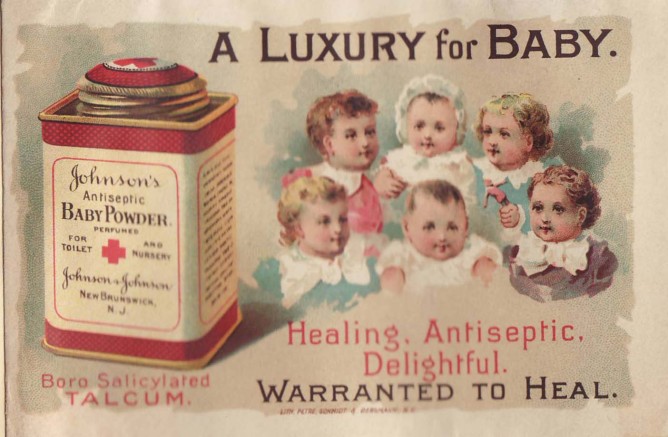 Johnson & Johnson faced claims that despite knowing the risks, they failed to offer adequate warning to consumers that its talc-based products could cause cancer. This denial went on for decades. At the time of writing, about 1,000 cases have been filed in Missouri state court, and another 200 in New Jersey.
Johnson & Johnson faced claims that despite knowing the risks, they failed to offer adequate warning to consumers that its talc-based products could cause cancer. This denial went on for decades. At the time of writing, about 1,000 cases have been filed in Missouri state court, and another 200 in New Jersey.
This is only the tip of a very large, dangerous, and in many cases, deadly iceberg. Consider another Johnson & Johnson Baby product, a baby lotion that claims to be “98% natural.”
Typically (and misleadingly), cosmetics companies like to refer to their products as “natural” when the ingredients are derived from plant sources. What is never made clear to the consumer, and what the consumer would likely never think to question, is what this actually means.
Is there a limit on how many steps and processes an ingredient can go through from plant to cream and still be labelled as natural?
The short answer is no.
So how are companies like Johnson & Johnson defining the word “plant”? Does it refer to the plants we are familiar with that grow from the ground, or is a more accurate definition the kind of plant where things are manufactured and processed — a factory, if you will?
My immediate approach would be to call out Johnson & Johnson for their false advertising, misleading labelling and poster-product of healthwashing, targeting parents who are trying choose the very best for their babies. In 2013, I interviewed Warren Brander, who has far more experience than I do in this area as head of Research and Development for Thera Wise. He offers a more optimistic take on it:
“I will applaud Johnson & Johnson for finally coming to the table, albeit a decade late, and only after the data says that natural personal care is the only category that is consistently increasing year after year! I see this as a win for the consumer movement that because of their purchasing decisions, they have forced a dinosaur to offer something better and in doing so millions of tons of toxic run-off will not contaminate our waterways (and bodies).”
I imagine the recent settlement, will force a far more aggressive, and faster revamp of their products with more honest labelling and appropriate labelling.
Currently, is their baby care lotion really 98% natural? Not from what I can tell. I consulted with experts in the truly natural beauty and cosmetic world to get their comment on some of the more alarming ingredients Johnson & Johnson has in their baby products.
[learn-more font_size=”14″ font_size_small=”10″ optin=”tqkqa6dvwb2tpnse” image_url=”https://www.meghantelpner.com/wp-content/uploads/2017/03/Ingredients-to-avoid-in-person-care.jpg”] Download your FREE reference guide to help keep your personal care routine clean and safe.[/learn-more]
What’s In Johnson & Johnson Baby Lotion?
Hydrogenated Cottonseed Oil
Whether put on our skin or ingested, all oils should be organic, or at the very least certified non-GMO. Toxins hang on for dear life to fat cells both in plants and in humans, carrying a higher concentration of any potential toxins that may exist. According to Brander, “cottonseed oil is an industrial by-product and the most heavily sprayed commodity on the planet. It is the world’s dirtiest crop, using 16 per cent of all insecticides used worldwide.”
Graydon Moffat, creator of Graydon Skin Care further explains that “cottonseed oil is one of the cheapest vegetable oils out there. And hydrogenated oils are horrendous to ingest, so why put them on the skin of your most precious and most vulnerable baby?”
What are these toxins? Nadine Artemis, alchemist and creator of Living Libations, outlines that hydrogenated cottonseed oil “contains the toxins gossypol, aflatoxin, and cyclopropenoid fatty acids, in addition to residual pesticides, fertilizers, and chemicals used in the refining process. Cottonseed is also often contaminated with heavy metals, like mercury, and PCBs.”
Sodium Stearoyl Lactylate
This is an emulsifier produced from vegetable oils, usually from GMO, non-organically grown soybean oil and palm oils full of toxins. According to Artemis, it can be a skin irritant and allergenic.
Benzoic Acid
Many of the ingredients, though tested and proven safe according to industry standards, may not be appropriate for babies. Benzoic acid falls into this category. Bander explains that benzoic acid is a “good preservative/pH adjuster,” however in his products, he prefers to stay away from anything with a benzene ring chemical structure. Even though you could consider it ‘natural’ as it occurs (0.005 per cent) in most berries, apples and more, he takes issue with the accumulation — the concentration in cosmetics vs. food is usually much more. There seems to be enough data to suggest human and environmental safety, but there have been some concerning studies relating it to skin irritation and reduction in organ weight.
What we put on the skin sinks into the skin and enters the bloodstream. “Benzoic acid used in cosmetics is an industrial product derived from oxidizing the petrochemical toulene,” explains Artemis. “There is concern that when benzoic acid is combined with ascorbic acid, vitamin C, it forms benzene, which is a dangerous carcinogen.”
Cetearyl Alcohol
The Material Safety Data Sheet (MSDS) for Cetearyl Alcohol warns, “Slightly hazardous in case of skin contact (irritant, permeator), of eye contact (irritant), of ingestion, of inhalation.” What else do we need to know?
Parfum
Parfum seems to be the fancy word for fragrance, better known as chemical cocktail. Apparently the parfum is some kind of Johnson & Johnson proprietary blend of light, sweet, vanilla scents. I thought babies smelled pretty darn sweet all on their own, but I suppose the parfum is required to cover up the smell of all the hydrogenated and genetically modified oils which certainly don’t smell like roses, vanilla or a sweet and lovely baby.
The fragrance in Johnson & Johnson’s baby “naturals” is derived from non-specified fruit, vegetable oils, and sugars, so the data is limited. “What we do know is that the fruit and vegetables were not grown organically and are heavily processed and refined, which leaves lingering chemical contamination. Also, applying sugars to immature skin is an invitation to bacterial and fungal infections,” explains Artemis.
Is this actually something to worry about?
Johnson & Johnson explains that they offer “the only line of baby skin products that combines 98% naturally derived ingredients with over 100 years of baby care expertise.” Now might be a good time to remind the parents-to-be and the rest of us that for the better part of the last 100 years, Johnson & Johnson was recommending (and still does!) sweetly fragranced petroleum oil for babies (known more commonly as baby oil). We can say that it’s okay because yes, we may have all been slathered in waste product from the fuel industry, and we turned out okay, but then we remember that nearly half of all men and one in three women will be diagnosed with cancer in their lifetime, and that there have been dramatic increases in infertility, autoimmune diseases and so much more.
Are we really turning out okay? Maybe all of this does matter.
What do the experts recommend instead for baby lotion and baby powder?
The best thing to put on your newborn’s skin is actually nothing for as long as you can. Brander recommends the following tips:
- First, try a spot test of a plant-based butter or oil (think raw coconut oil, tamanu oil, rosehip seed oil or argan oil).
- If dealing with diaper rash, let the area air dry.
- Plant based, unprocessed ingredients will soak into the skin, moisturize and allow the skin to breathe and heal.
- Plant based, unprocessed moisturizers have a bio-affinity with human skin and act in a way that that our cells responds to.
baby Lotion: What to try
The great news is that often times, the big guys out there take the lead from consumer demand and parents want better. And there is better out there – there is great, in fact. My top recommendations would be:
Discover more recommendations for products for new moms and babies here.
It is important to remember that what we put on our skin enters our body and if we wouldn’t eat it or feed it to our babies, maybe we shouldn’t be using it at all. As I always say, when in doubt, keep it out.
[learn-more font_size=”14″ font_size_small=”10″ optin=”tqkqa6dvwb2tpnse” image_url=”https://www.meghantelpner.com/wp-content/uploads/2017/03/Ingredients-to-avoid-in-person-care.jpg”] Download your FREE reference guide to help keep your personal care routine clean and safe.[/learn-more]
*this post contains affiliate links
Free Resource Library
Enjoy more than 40 downloadable guides, recipes, and resources.















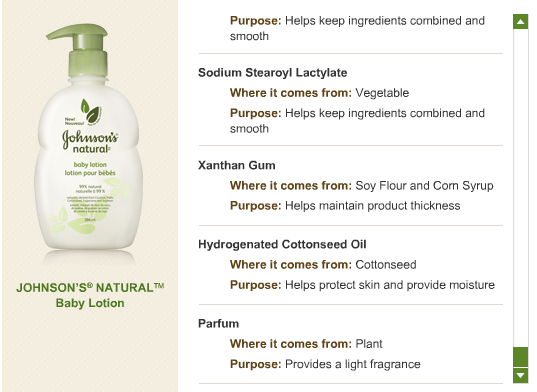
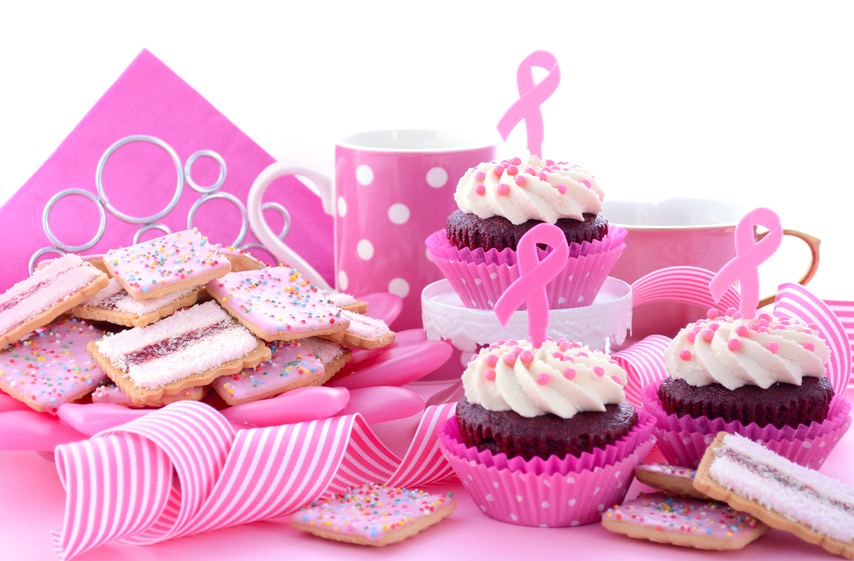
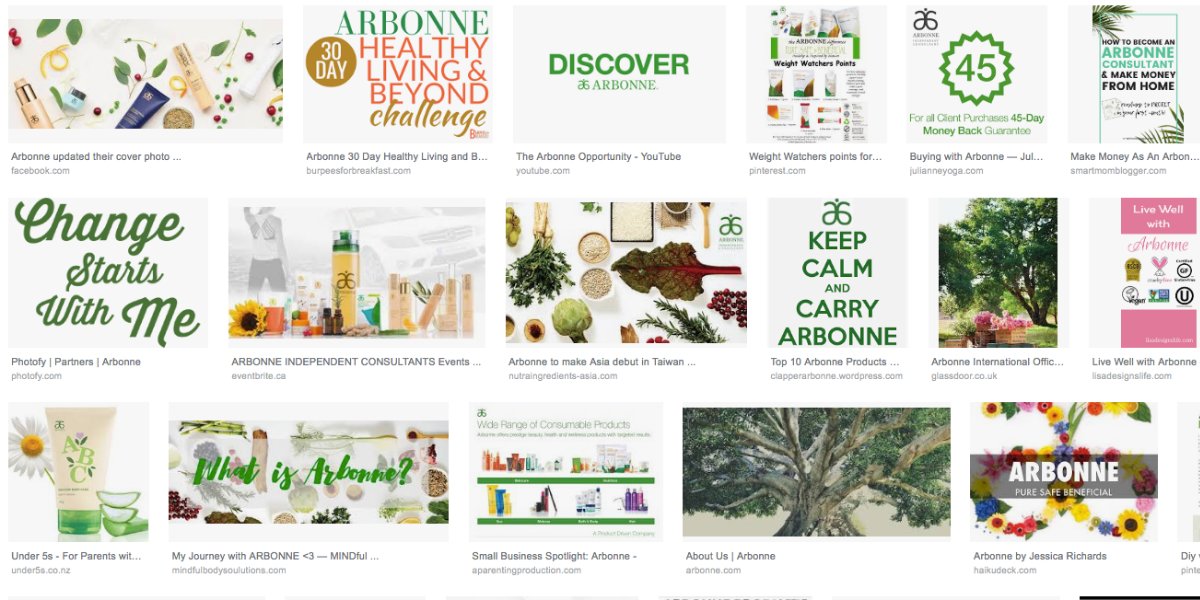

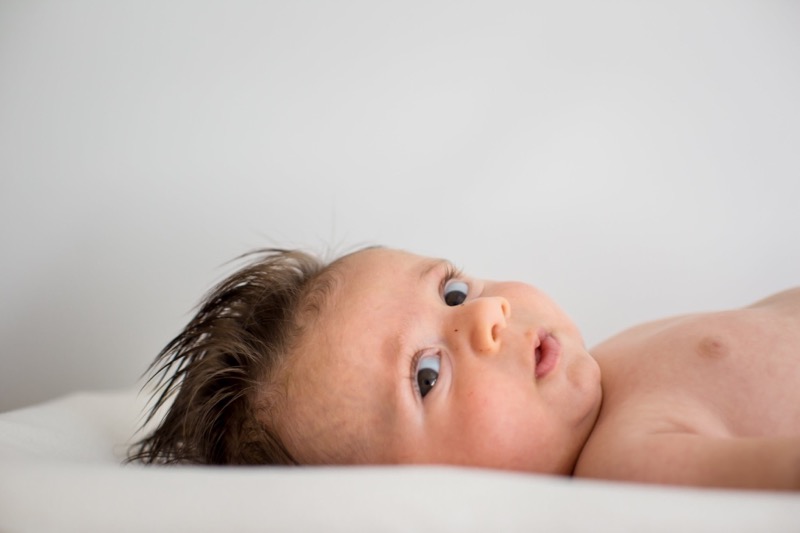
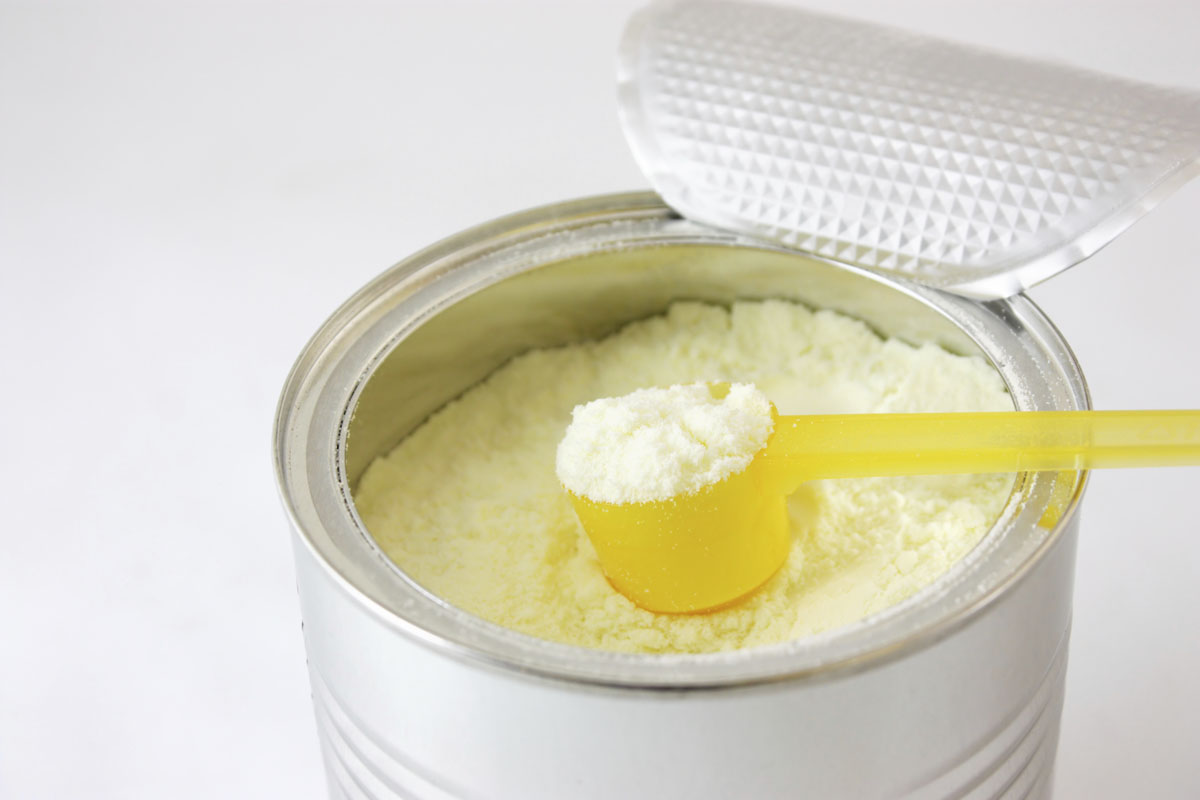
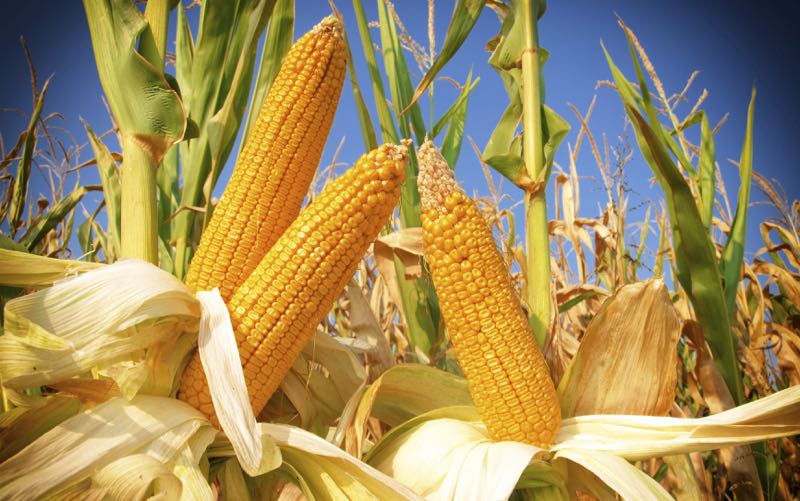
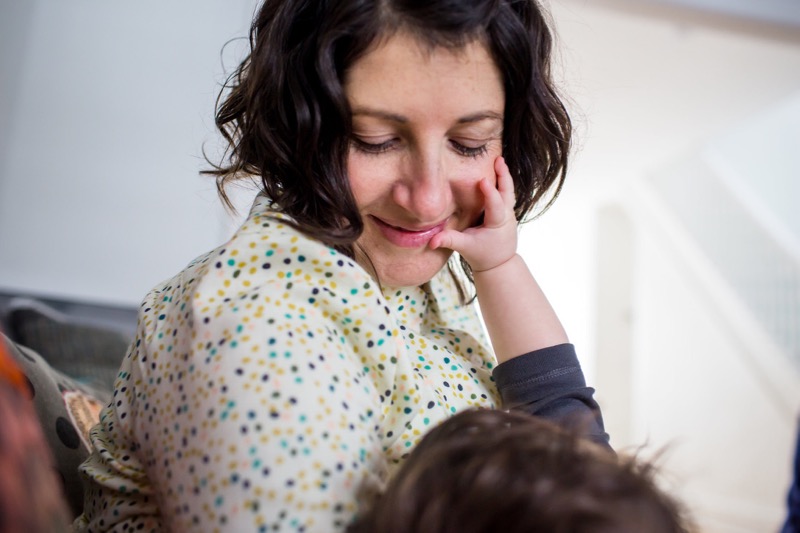
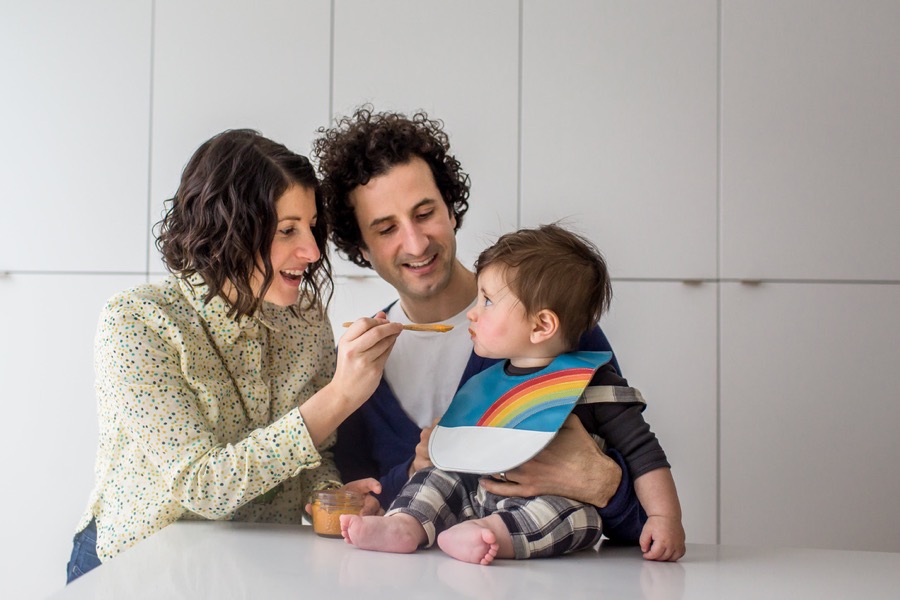
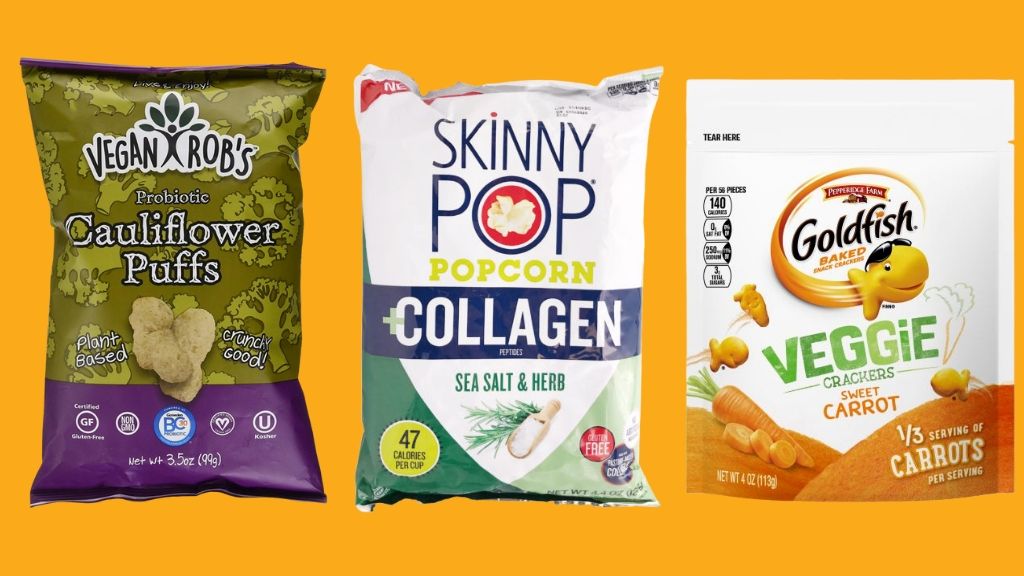
Thank you so much for sharing this information. I have had friends call me crazy for being so particular about the products I use- and you have just given me all the information I need to say why it matters!
You have done it again Meghan! It’s amazing how you can so easily find out all of this information and yet so few think to look! Or that the company thinks their customers are so dumb as to follow them blind. You make us think… and hopefully you will make J&J think too!
This is an amazing article you put together! We have a 7 week old and we went through the same evaluation!
I highly recommend actual natural products such as “Butterfly Weed” for a barrier ointment.
I applaud your work continually and this is just raising the high bar you’ve already set!
Thanks for another great article! Any thoughts on some of the other “natural” “organic” baby lines, like California Baby and Burt’s Bees? These are sometimes easier to find/pick up than some of the others you have suggested.
Meghan,
Thanks for this. I’m familiar with this product and also found it quite suspicious. How do you feel about Burt’s Bees for both babies and adults? Also, Live Clean?
You will love these new ones!
Thanks for writing about this! As a parent I am totally peeved about all the unneccesary products available for babies. My third baby is now 7 months old, and we have never even used soap on her! We use organic oils such as olive and coconut oil for moisturizing, and I also found that organic coconut oil is amazing for healing irritated skin. She hardly gets diaper rash, dry skin or cradle cap, which my older daughter had in abundance before we stopped using all the garbage on her :)
I use the “All over Soap” on my four year old son daily. I love Graydon products.
Love coconut oil as diaper ointment but may I add to that? For thrush (yeast) that would be treated with lotramin, try tea tree oil. It works SO much faster than the prescriptions or OTC treatments. There are other anti-fungal essential oils too, but I used tea tree and it was phenomenal. My little guy had a fungal infection on his feet. It was quickly spreading up his body. Just a little tea tree and it was gone w/in 12 hrs. We’d been using lotramin for 2 wks and it was getting worse and worse!
So gross. My friend in the States got sent home from the hospital with a bottle of Johnson & Johnson baby wash for her new baby. It’s just not right. Thanks for posting this, Meghan!
I’m a firm believer in coconut oil (for everybody) but I also use NYROrganic products which is the home sale range for Neal’s Yard, Covent Garden, London. They have a lovely baby range. Plant based, organic ingredients certified by the Soil Association/USDA. They do sell this way in the US too.
Thank you for posting this! I was not aware of this but it is good to know. I was always suspicious of J&J. Just like Laura I use coconut oil for everything.
This is really good information and the insight from field experts is so valuable! I haven’t heard of any of these other companies you recommend before so will definitely check them out too!
My 4 year old son (and I) both suffer from severe chapped lips. I know that Vaseline and all those lip balms are terrible for us; is there any product that we can use instead?
Hi thank you for this article! My son is 5 and we could not use Johnson & Johnson because of immediate reactions. I bought the natural thinking it was the best! I have been using beautycounter for last few months.
Beautycounter say they stand by the promise that they have safe and effective products. I have been using the kids line for my little ones. We love it. I would love if you had time to do a review for us. Thanks!!
[…] Pay attention to the products you use (from tampons to baby shampoo) […]
I have been trying to do some changes in products and have really appreciated a lot of your research and information. I was wondering if you had any insight or viewpoints on the Honest Company and their products? thank you!
When I’m due to wash it in the morning, I apply coconut oil generously. It’s a bit hard to wash off to make hair look clean (and not oily), but according to my hairdresser it’s worth it (she said my dry hair is getting better!).